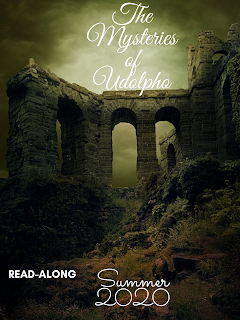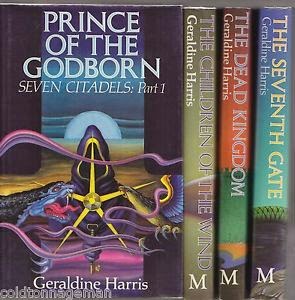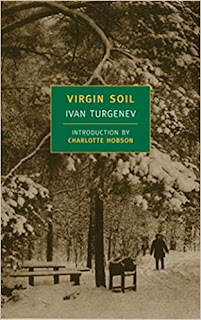The Golden Bough Readalong: Part the Fourth

Greetings, programs! Hope you're all doing well in this very hot, boring, yet also scary summer. We have been watching a lot of Tron, thus the weird salutation. I'm quite surprised that I managed to make it through my set Golden Bough chapters; I didn't think I would. So, onward...let's talk about taboos, by which he means pretty much any religious or superstitious practice or belief -- for example the practice of not using a dead person's name anymore. That is pretty much all I got to read about this time. XIX. Tabooed Acts: just huge lists of examples of the following: Taboos on Intercourse With Strangers Taboos on Eating and Drinking Taboos on Showing the Face Taboos on Quitting the House Taboos on Leaving Food Over XX. Tabooed Persons: Chiefs and Kings Tabooed: they're so powerful that using their things would hurt others. Mourners Tabooed Women Tabooed at Menstruation and Childbirth Warriors Tabooed Manslayers Tabooed Hunters and Fishers Tabooed XXI










